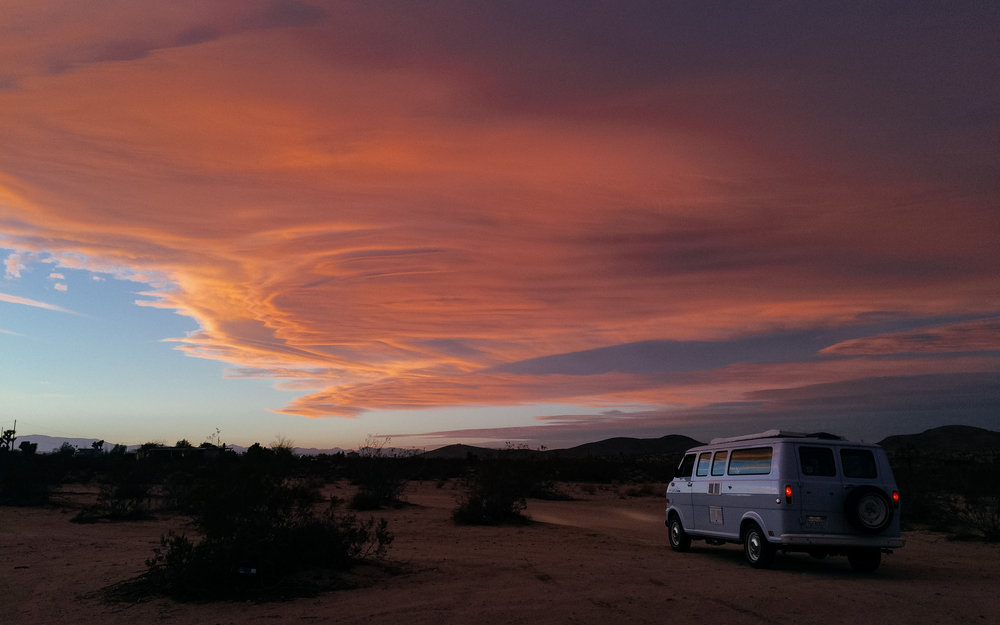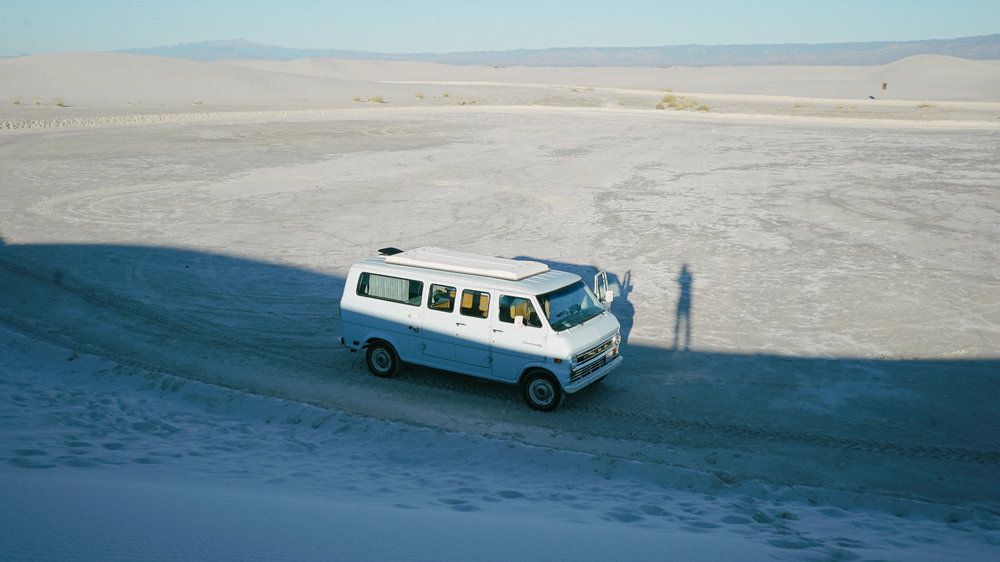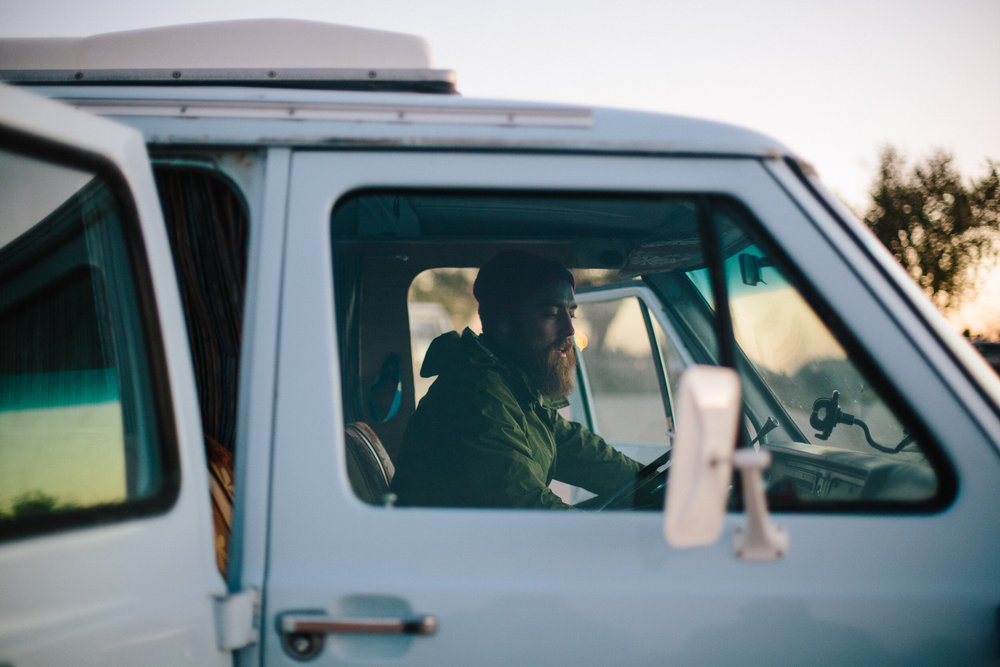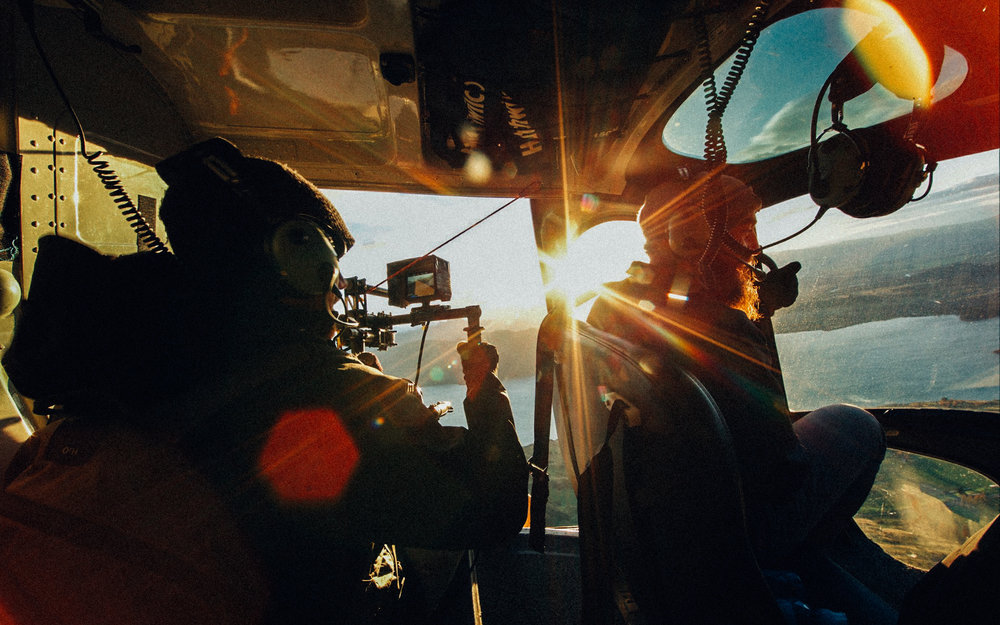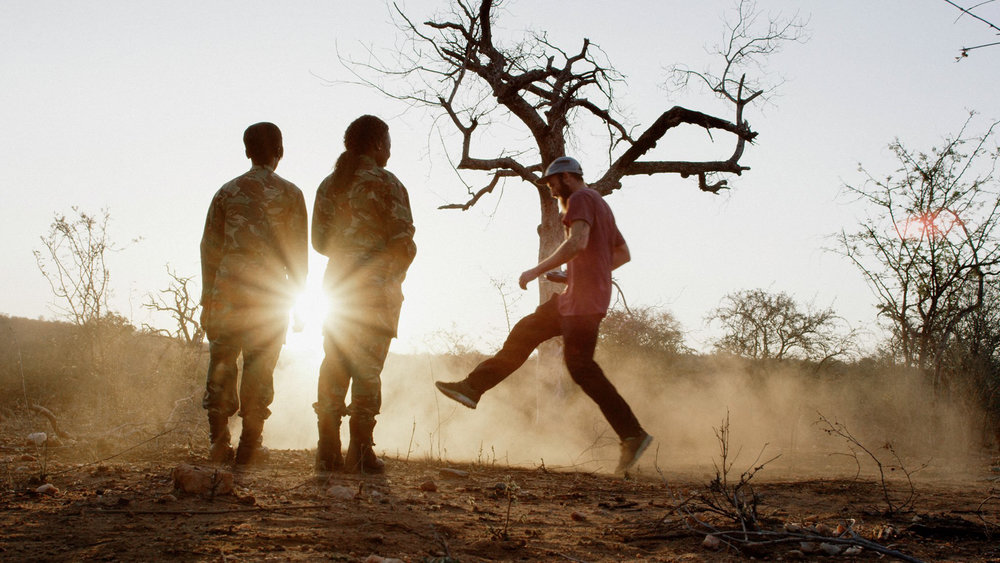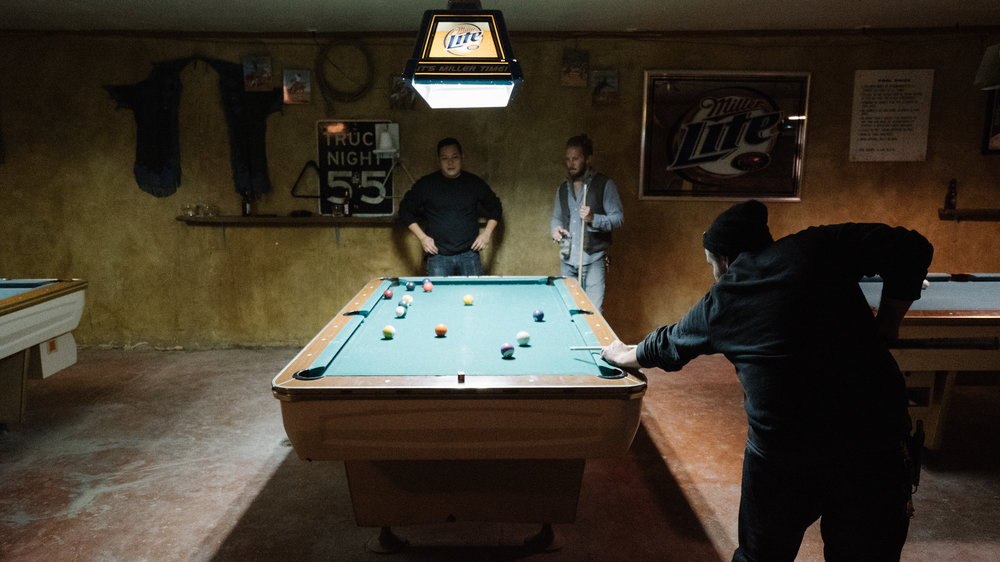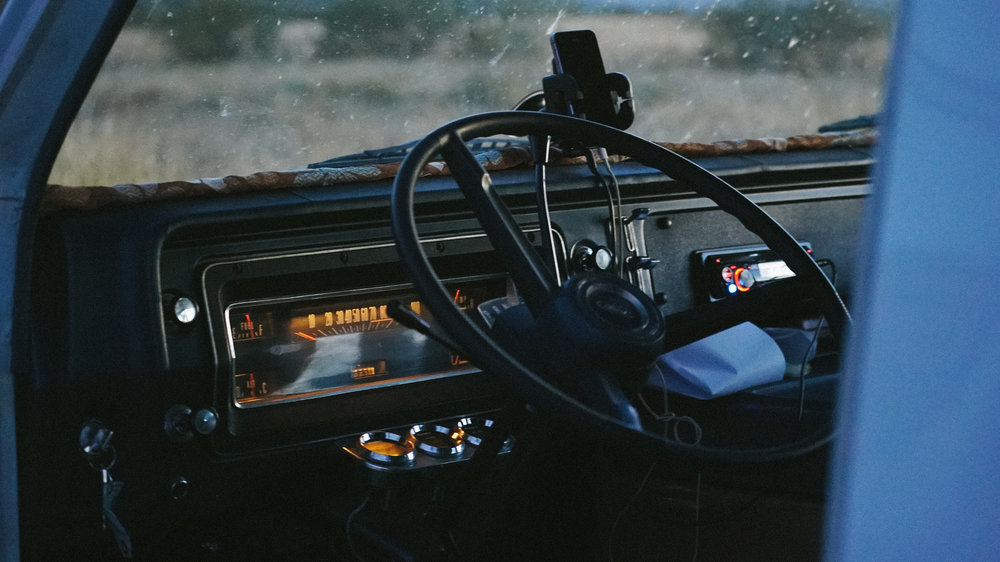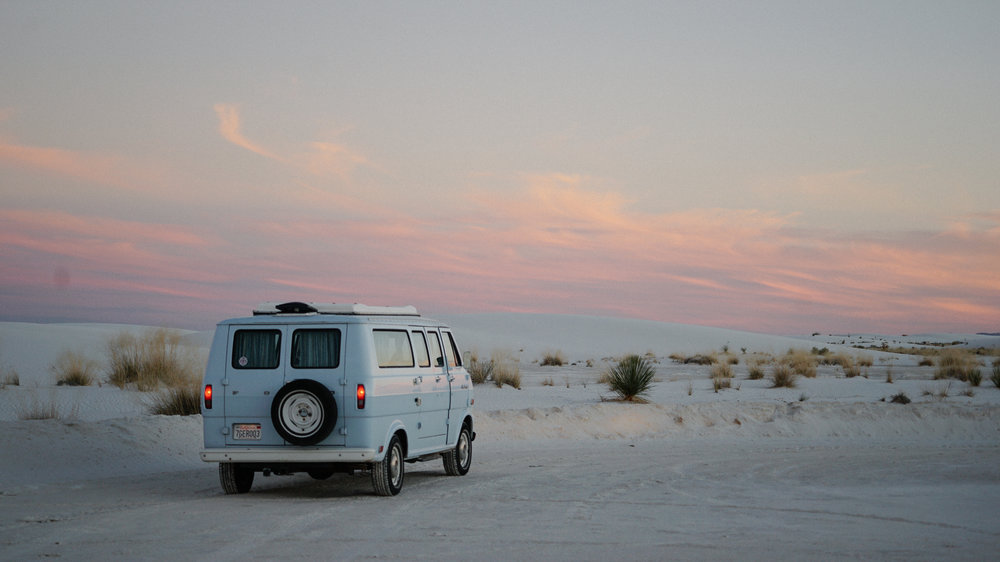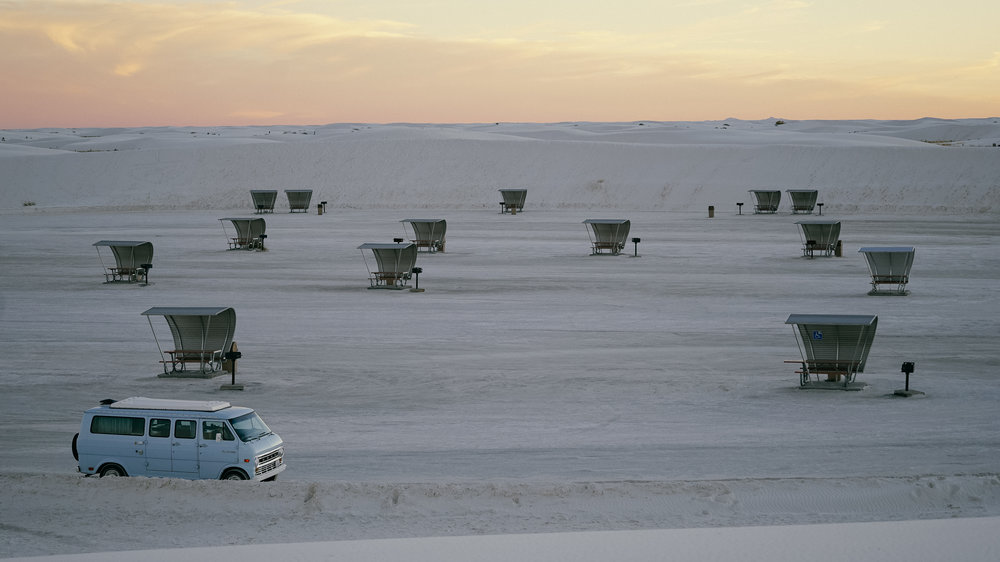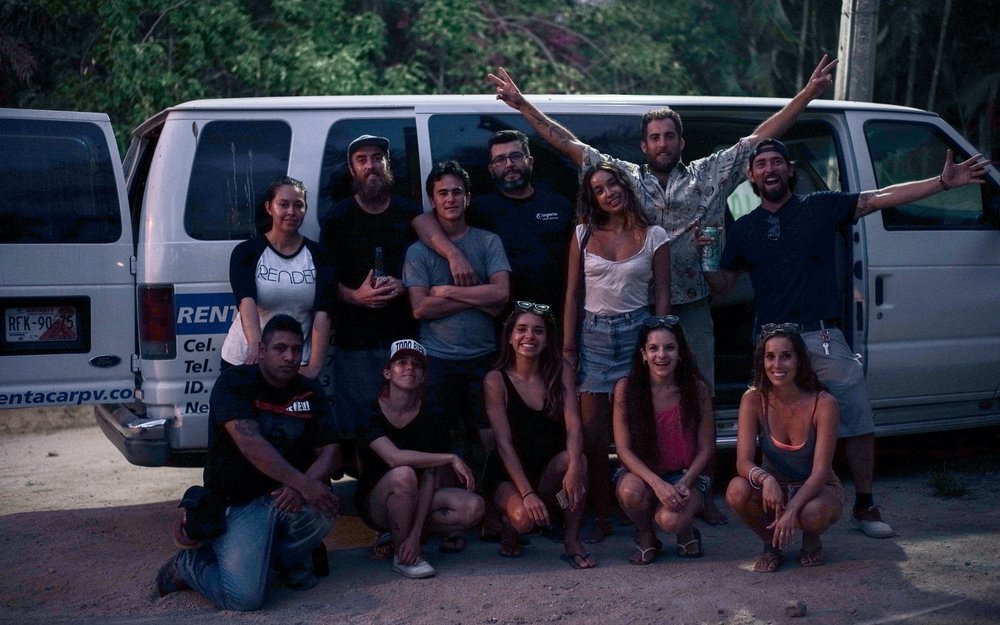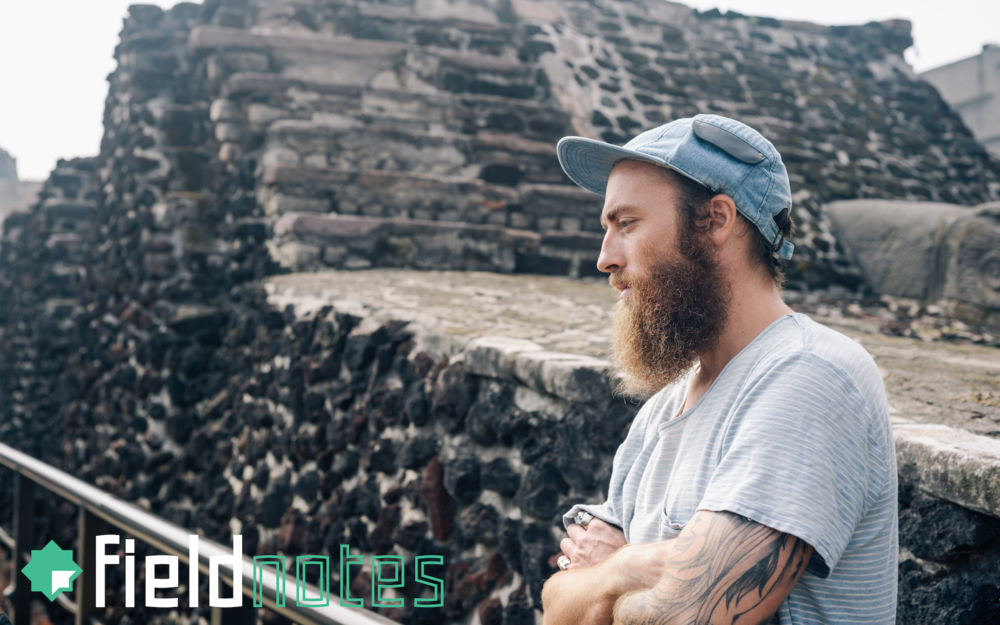

Field Notes Interview: Dan Sadgrove, Independent Filmmaker
“Make the films that you want to make, stay original, find your voice and look for inspiration outside of film.”
These are the wise words of Dan Sadgrove, world traveler and independent filmmaker. From New Zealand to London and finally the United States, Sadgrove’s nomadic lifestyle has lent to his unique and authentic style of filmmaking. In an effort to get a glimpse inside his creative process, we talked to Sadgrove about his travels, tribulations, and latest short film and Vimeo Staff Pick, Last Exit to Elsewhere.
Tell us a little more about yourself. What brought you where you are today? How did you get into filmmaking?
Dan Sadgrove: The short of it is I’m from New Zealand, moved to London in 2009, then hit the road in late 2013. I’ve been involved in the industry in one form or another for about a decade now — low level jobs really — but it’s only recently that I have been focused seriously on making films. Something just clicked when I was on the road and I’ve just gotten on with making my own films, as difficult as that can be.
From watching your films, it appears that you spend a lot of time traveling, would you agree that this is true? If so, why do you think travel is important for filmmakers?
I’ve been living out of a suitcase for the last three years, so it’s certainly true. I’m not sure travel is important or not for filmmakers as I don’t speak for anybody else, but something I read in Paul Cronin’s “A Guide for the Perplexed: Conversations with Werner Herzog” really struck a chord.
In the book, Herzog talks about going out and experiencing life being more important than film study:
“Roll up your sleeves and work as a bouncer in a sex club or a warden in a lunatic asylum or a machine operator in a slaughterhouse. Walk on foot, learn languages and a craft or trade that has nothing to do with cinema. Filmmaking — like great literature — must have experience of life at its foundation.”
As far as my films are concerned, they tend to exhibit a direct reflection of my reality.
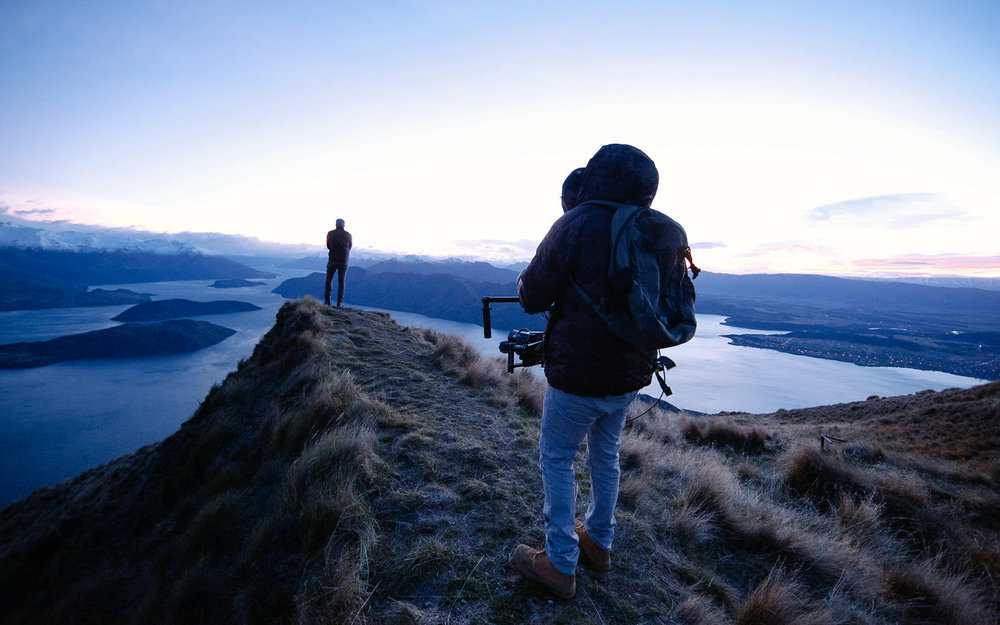
Can you recall any hard lessons you’ve learned about film or filmmaking while traveling? If so, what are they and how do you think they have molded your career into what it is today?
I think over the last year or two I’ve come to the realization that no one is going to do it for you. Maybe that was holding me back earlier, I’m not sure. I’m confident in myself now and not worried about what other people think — something that comes more easily as you get older, I feel.
Motivation and struggle will always go hand in hand. I’m not sure if it gets any easier. I hope it does and I wish I had an unlimited resource of talent to lean on, but I don’t. I don’t have a career in filmmaking, though that is the goal. These are self-funded films. Some days, the struggle outweighs the motivation, and a lot of days I wish I had a production team behind me, but that’s not my reality. I work with what I have and go from there.
I have to find the motivation myself because no one is there pushing me, so it’s an honest question I ask myself daily, whether I have it in me. Does the will and effort outweigh the struggle? I only have myself to answer for, which is a blessing and a curse at times.
Sometimes you just have to get on with it. For Tomorrow’s Flames are Already Burning, I did all the liquid effects, filming, and editing. I learned about liquid effects from an old Cinemax issue featuring Doug Trumbull. I looked at using the 5D with Magic Lantern to get the most out of the camera I borrowed off a friend. I made PVC pipe lighting and shoulder rigs from what I could find at the local Home Depot. I just experimented.
It’s an endless education and expense for me. I’m always striving to be better and improve.
“If a man can keep alert and imaginative, an error is a possibility, a chance at something new; to him, wandering, and wondering are part of the same process, and he is most mistaken, most in error, whenever he quits exploring.” – William Least Heat-Moon
Let’s talk about your recent short film, Last Exit to Elsewhere. What inspired this film? Why was this story important for you to tell?
I had done a road trip in America the year before, visiting 12 national parks, and it was pretty exceptional as far as experiencing nature and building character was concerned. This time I decided to head south, away from most of the national parks, and drive from California to Louisiana and back. I knew heading out that I wasn’t really in the right headspace for it. I had just spent some time in Svalbard up near the North Pole in the wrong season and was pretty uninspired about travel in general. I didn’t know what to do, so I got in my camper and just drove without direction and with no immediate destination in mind.
I’m an avid reader, and I picked up a bunch of books on America and road trips before I set off. One that stood out was Blue Highways by William Least Heat-Moon. It’s a really good read and an honest — and sometimes funny — account of what happens on the road. There’s no sugar coating the experience with Heat-Moon.
While reading it, I felt I was mirroring his journey on the road. I had picked up a camera somewhere in Phoenix and just started filming stuff with no story to start with — I just knew I wanted it to reflect the reality of my road trip. I’d seen a bunch of road trip videos online and they never felt true to my experiences being on the road; they have the inspirational music, the slow motion running and jumping, the endless joy, crazy eyes, big smiles and bullshit. There’s a certain tension I feel when watching those films — it’s like someone trying to hold a smile for a photo with a camera that takes far too long to release the shutter.
I’d read Blue Highway, and his journey was my reality. The long boring drives, the spaces between quiet and solitude. The empty bars, the five day old gas station coffee, the lonely nights camping in National Forests. I wanted to capture a sense of what I was experiencing on the road. It was slowing down and appreciating the small things in life that you take for granted otherwise. I had a really nice conversation with a tow truck driver when I broke down in the middle of nowhere. We even stopped on the way back to the shop and assisted with a woman who had broken down as well and changed her tire. Shit always happens on the road, but you learn to deal with it and try to get the most out of the situation. You try to see the good in the bad.
Those small pleasures for me were a decent meal, a warm night’s sleep, strangers to play pool with, and, in one extreme case, watching a giant flock of birds dance in the sky. What came out of it was Last Exit to Elsewhere.
Can you elaborate on what the relationship of music and film looks like to you? How do you feel a single track can affect an entire film?
Music is half of the whole. It’s really important for me in reaching a certain emotion. I stress pretty hard over music, and I often find it hard to express exactly what I am after sonically — but I’m learning. I spend most of the time editing just looking for the right music track to fit. Music makes the film. Just watch some of the stuff out there in silence to see what I mean. It’s the choice of the director in the end, but the relationship between sound and the visual ultimately gives the film its resonance.
With your response above in mind, how did this view play into the track you choose for Last Exit to Elsewhere? Did you know it was the perfect track the first time you paired it with the film or did it grow on you over time?
I knew as soon as I played it that it was perfect. It even matched up pretty closely to the edit I had on a temp track I was using, so I didn’t have to move much around. Hanan Townshend is such an unbelievably talented composer and a lot of his music was working, but the one I used said everything that I wanted to say. It really complements the voice and drives the visuals.
I had actually met Hanan on the road when I was driving through Austin and have been very fortunate to be able to lean on him for music. I had heard Hanan’s work before on Terrance Malick’s Tree of Life and To the Wonder and was a huge fan so I reached out to him. He took me out to lunch at a local BBQ joint and made the best coffee I had had on the road. He knows the struggle of American drip coffee, it’s the small pleasures in life. We’re working on a few more projects, and I’m extremely grateful that he gives his time to me when he can.
I told him about the film I was shooting and he said he’d love to contribute. How I met him goes back to another lesson I’ve learned while making films: don’t be afraid to reach out to some of the industry heavyweights. If you are genuine in your approach, then they will almost always respond.
How did it feel to have your film featured as a Vimeo Staff Pick? Do you feel that it has made you more confident as a filmmaker? Has it affected the way you think about your approach to filmmaking?
It’s nice to be appreciated, and it gives your film a platform for more eyes. Maybe it has given me confidence to continue, but ultimately I don’t think it matters much. You shouldn’t be aiming for external validation. You should only be asking yourself “have I asked the questions I wanted to ask and made the film I wanted to make?” I can only control what’s in the frame. If I’m happy with the result then anything else is just a bonus.
Do you have any advice to offer young, aspiring filmmakers?
I don’t think I’m quite yet in a position to give advice to other filmmakers, but this is the mantra I follow: Make the films that you want to make, stay original, find your voice and look for inspiration outside of film. Like Herzog said, look to life experiences to influence the stories that you want to tell. And books. Read lots of books.


